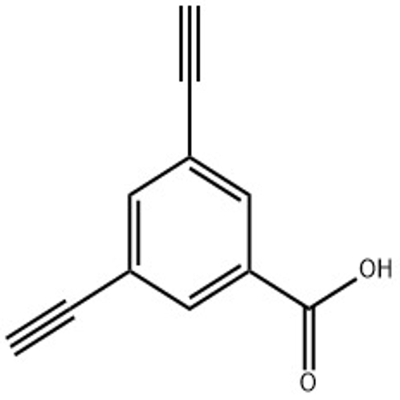-
Categories
-
Pharmaceutical Intermediates
-
Active Pharmaceutical Ingredients
-
Food Additives
- Industrial Coatings
- Agrochemicals
- Dyes and Pigments
- Surfactant
- Flavors and Fragrances
- Chemical Reagents
- Catalyst and Auxiliary
- Natural Products
- Inorganic Chemistry
-
Organic Chemistry
-
Biochemical Engineering
- Analytical Chemistry
-
Cosmetic Ingredient
- Water Treatment Chemical
-
Pharmaceutical Intermediates
Promotion
ECHEMI Mall
Wholesale
Weekly Price
Exhibition
News
-
Trade Service
4-Chloro-7-(3-chloro-propoxy)-6-methoxy-quinoline-3-carbonitrile, also known as Miconazole, is an antifungal medication that is commonly used to treat fungal infections.
However, Miconazole also has several applications in the chemical industry.
One of the most common applications of Miconazole in the chemical industry is as a catalyst for the production of polyurethanes.
Polyurethanes are a type of polymer that are widely used in various industries, including the automotive, construction, and textile industries.
The catalytic properties of Miconazole make it an ideal component in the production of polyurethanes, as it helps to speed up the reaction time and increase the efficiency of the process.
Another application of Miconazole in the chemical industry is as a reactive diluent in the production of polyester resins.
Polyester resins are used in a variety of applications, including the production of paint, coatings, and fiberglass.
Miconazole is added to the production process as a reactive diluent, which helps to improve the flow properties of the resin and increase the efficiency of the process.
Miconazole is also used in the production of dyes and pigments.
In this application, Miconazole is used as a catalyst in the production of azo dyes and other types of dyes and pigments.
The catalytic properties of Miconazole help to speed up the reaction time and increase the yield of the dyes and pigments, making it an essential component in the production process.
In addition to its applications in the production of chemicals and materials, Miconazole is also used in the production of pharmaceuticals.
The antifungal properties of Miconazole make it an ideal component in the production of antifungal medications, and it is commonly used as a starting material in the production of various antifungal drugs.
Miconazole is also used in the production of agrochemicals.
In this application, Miconazole is used as a raw material in the production of pesticides and other types of agrochemicals.
The antifungal properties of Miconazole make it an ideal component in the production of pesticides, as it helps to protect the crops from fungal infections.
In conclusion, Miconazole is a versatile compound with a wide range of applications in the chemical industry.
It is used as a catalyst in the production of polyurethanes and polyester resins, as a reactive diluent in the production of dyes and pigments, and as a starting material in the production of pharmaceuticals and agrochemicals.
The antifungal properties of Miconazole also make it an ideal component in the production of various chemicals and materials, and it plays an important role in the production of essential chemicals for various industries.







